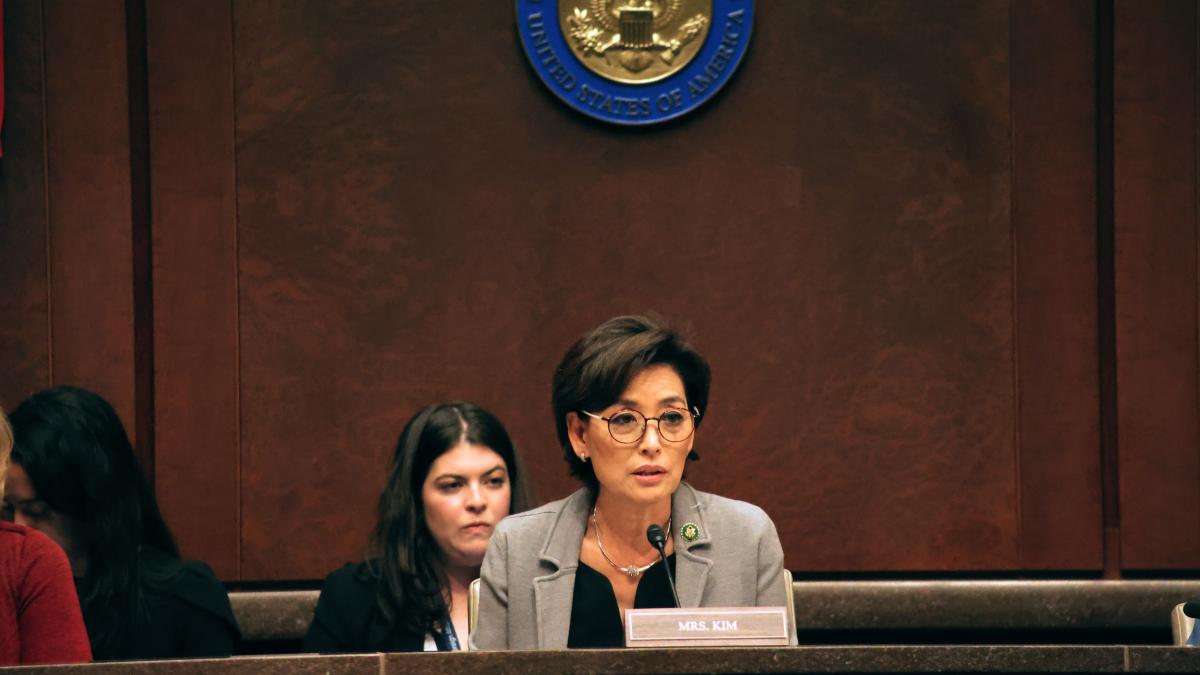Washington, D.C. – Today, House Foreign Affairs Committee Indo-Pacific Subcommittee Chairwoman Young Kim (CA-40) and Committee Chairman Michael McCaul (TX-10) sent a letter to U.S. Secretary of Treasury Janet Yellen requesting her to work with the Departments of State and Commerce to ensure that U.S. allies, such as South Korea and Japan, are not negatively impacted by provisions in the partisan Inflation Reduction Act (IRA).
“While the guidance released by the Treasury Department in February 2023 is a step in the right direction, more action must be taken to ensure our allies are not unduly harmed by this law,” the members wrote. “We cannot afford – economically nor militarily – to lose key allies in the Indo-Pacific while the PRC is expanding their military and economic might in the region. Instead, we must focus our efforts on working with allies and partners to build a resilient supply chain that can both supply our economic demands and counter PRC malign influence.”
The full text of the letter can be found here and below.
Secretary Yellen,
We are writing to request that you work with the Departments of State and Commerce to ensure that U.S. allies, South Korea and Japan, are not negatively impacted by provisions in the partisan Inflation Reduction Act (IRA).
After the IRA was signed into law last year, South Korea and Japan, both key U.S. allies in the Indo-Pacific, voiced concerns with the provisions surrounding subsidies of EV battery manufacturing and final assembly requirements. In the IRA, the $7500 consumer tax credit is barred to EVs if their battery components were manufactured or assembled by a “foreign entity of concern” or if batteries contain critical minerals extracted, processed, or recycled by a foreign entity of concern. This provision aims to reduce U.S. reliance on the People’s Republic of China battery supply chain, which is an admirable goal, but in practice could unfairly limit our partners, such as Japan and South Korea, with whom the U.S. shares trade agreements. This harms our allies economically at a time when they are vulnerable to PRC economic coercion and when the U.S. needs a strong Indo-Pacific economic presence to maintain the current balance of power.
While the guidance released by the Treasury Department in February 2023 is a step in the right direction, more action must be taken to ensure our allies are not unduly harmed by this law. We cannot afford – economically nor militarily – to lose key allies in the Indo-Pacific while the PRC is expanding their military and economic might in the region. Instead, we must focus our efforts on working with allies and partners to build a resilient supply chain that can both supply our economic demands and counter PRC malign influence.
We therefore request that you respond with the actions you have taken to work with the Departments of State and Commerce to mitigate the damaging effects that the IRA will have on our allies, and what your future plans are to ensure that implementation of the IRA does not cause unnecessary irritants in our alliance structure in the Indo-Pacific.




